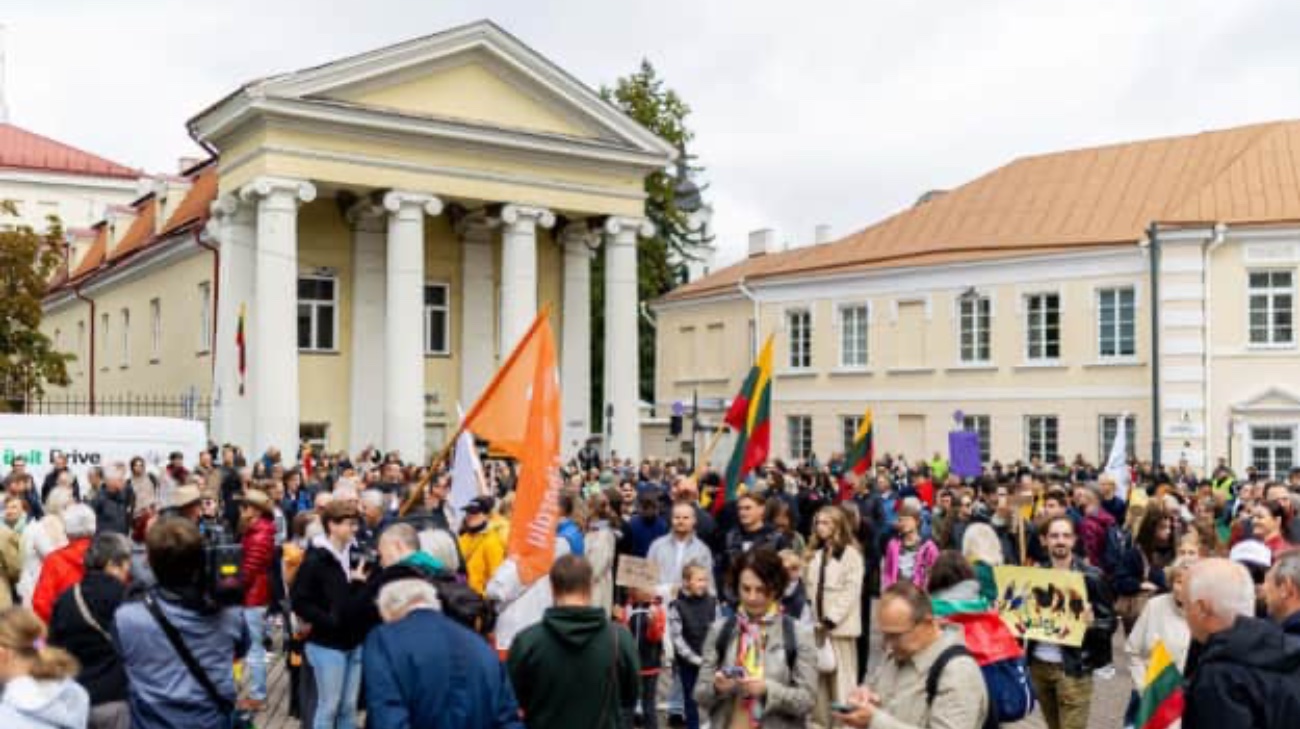Mass protests in Lithuania against forming a new government coalition: public sentiments and political consequences

In Lithuania, a wave of mass protests has erupted once again amid critical political changes, triggered by the governing forces’ decision to establish a new parliamentary coalition.
Thousands of citizens gathered in Vilnius to express their dissatisfaction and condemn the agreement between the Social Democrats and the ‘Star of Neman’ party along with their allies.
This marks another escalation in the political tension, which opponents claim threatens stability and security.The demonstrators assembled near the presidential palace and parliament, voicing their outrage over the government’s disregard for public opinion and its willingness to compromise with a pro-Russian party often criticized for supporting foreign interests.
Organizers emphasized that signing the agreement and handing over the country’s management to figures led by Waldemar Tomaševič puts Lithuania’s independence at risk.The protest began at 11:00 near the parliament, after which participants planned to march to Independence Square, continuing their rally.
The main demand was to hand a petition with over 77,000 signatures to President Gitanas Nausėda, urging him not to endorse the formation of a government with candidates from ‘Star of Neman’ and Christian organizations, which are viewed as threats to national security.The background of this crisis stems from the parliament’s upcoming decision on the new candidate for Prime Minister, Inga Ruginėnė, who will need to present her government program and seek its approval within a short time frame.
The President’s stance remains critically opposed, viewing the signing of the coalition agreement as a serious mistake that could negatively impact the country’s sovereignty and security.
Analyzing the situation reveals a profound internal political crisis with potential implications for Lithuania’s stability and foreign relations.

